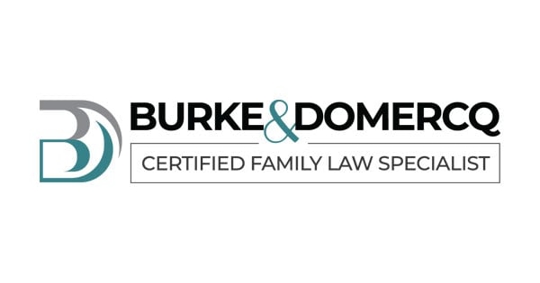Should my divorce decree include a morality clause?
Your post-divorce life can be complex especially as you try to adjust to being a parent as a newly single individual. When it comes to raising your child, you and your spouse may be committed to co-parenting following your divorce. But even if your divorce is relatively amicable, you may be worried about what your spouse says or does in front of your child. Enter the morality clause.
What is a morality clause in a divorce decree?
A morality clause is a provision in your divorce decree that states what you and your child’s other parent can or cannot do in front of your child.
Generally, morality clauses may include provisions stating that you and your child’s other parent cannot disparage one another in front of your child. It also can state that you and your child’s other parent cannot have a boyfriend or girlfriend spend the night when the child is present, or have a boyfriend or girlfriend move in outside of marriage. Morality clauses can also address alcohol and drug use by either parent.
What if the morality clause is not followed?
It is important to note that morality clauses in a divorce decree have the force of a court order. If you learn your child’s other parent violated the morality clause you can go to court where a judge will examine the clause and decide whether it was violated. If it is shown your child’s other parent violated the morality clause, the judge has the authority to impose reasonable actions to remedy the issue.
There are plusses and minuses to morality clauses. They can help set boundaries and expectations that both parents agree to follow for the sake of the child. However, they can limit what you can and cannot do with your post-divorce life. If you think your divorce decree should include a morality clause you will want to discuss the matter with your attorney for further advice.

